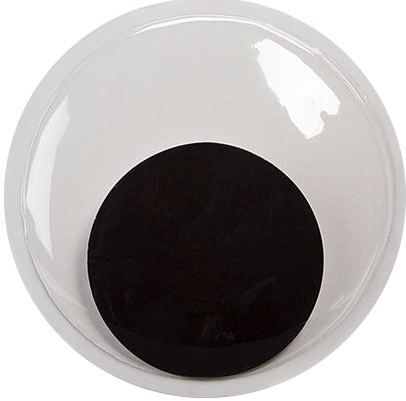This is Harvard Health Publishing, they say I need about 0.8 grams of protein everyday, now, that means I would have to consume about 70 grams of protein everyday (minimum) to stay healthy, now, I live in India and don’t consume that much, but I consider myself pretty healthy.
So, what’s the amount one should realistically be aiming towards? If I were to take 70 grams of protein everyday, what measurable changes can I expect in my life🤔?
It depends on your activity levels, metabolism, age etc. in general that amount of protein (assuming your diet is consistent) will keep your muscle mass constant and keep your brain functioning well (and other bodily functions - it’s not siloed in its purpose and basically impacts every aspect of your body’s functions . Your body’s processes are not solely reliant on protein but if you don’t have enough your neurotransmission and cognitive function will suffer. If you consume less protein than your base amount for a prolonged time, your body doesn’t have what it needs to maintain core functions and renew and maintain muscle mass. If you don’t consume enough calories overall you’ll find your body will consume its own muscles as a source of energy which is a dangerous metabolic process that can have lasting detrimental effects.
Basically over a short term or one day in a while, not consuming enough protein shouldn’t be an issue, but on a consistent or prolonged timeline, your body just doesn’t have what it needs to maintain itself and you are at risk of longer term impacts to your wellbeing in many facets of your basic bodily functions. I’ve read numbers like .75g per kg for women and .84g per kg for men daily, for basic maintenance of bodily condition. Obviously it isn’t One size fits All, but as a general jumping off point I think that’s a reasonable ballpark. Basically if you’re healthy, and assuming all other things being equal, those amounts should maintain your current state.
Proteins don’t necessarily just mean meats etc. Most vegetables and grains have protein in them that is contributing towards your daily requirements.
I eat a pretty low protein diet, max to max I might get 20 grams (did that math), still I am not facing any major effects I feel
Best AskLemmy question I’ve seen in years
Hehe… Thank you!
Do you eat enough in general (eg 3 meals a day, you don’t feel hungry most of the time)? It’s not hard to meet the basic nutritional goals by just eating what you want when you want. Protein is in everything so it’d be quite hard to be significantly deficient if you’re not starving.
I eat a protein low diet, 400 grams of rice and maybe 200 grams of what and some dal (which is protein rich but I eat very less quantity of it). One egg, and this is the best case scenario and I don’t think that will get me more than half of what they say I need to be healthy.
People get a significant amount of their protein intake from sources that aren’t usually considered “proteins”. Lentils (and mung beans if you don’t think of them as lentils), wheat, rice etc all have significant amounts of protein (especially lentils). Yogurt and cheese has lots of it too. Not sure what part of India you’re in or what sort of food you’re mostly eating but my guess is you’re getting more protein than you realize.
Im going to say the Harvard estimate is probably pretty close. It is probably a bit higher than what you would need on a day to day basis for survival, but enough to help your body maintain some muscle over the long term.
Its not enough for someone wanting to be fit or muscular though.
A lot less than Americans think. Going from memory it’s about 6-8% of calories.



